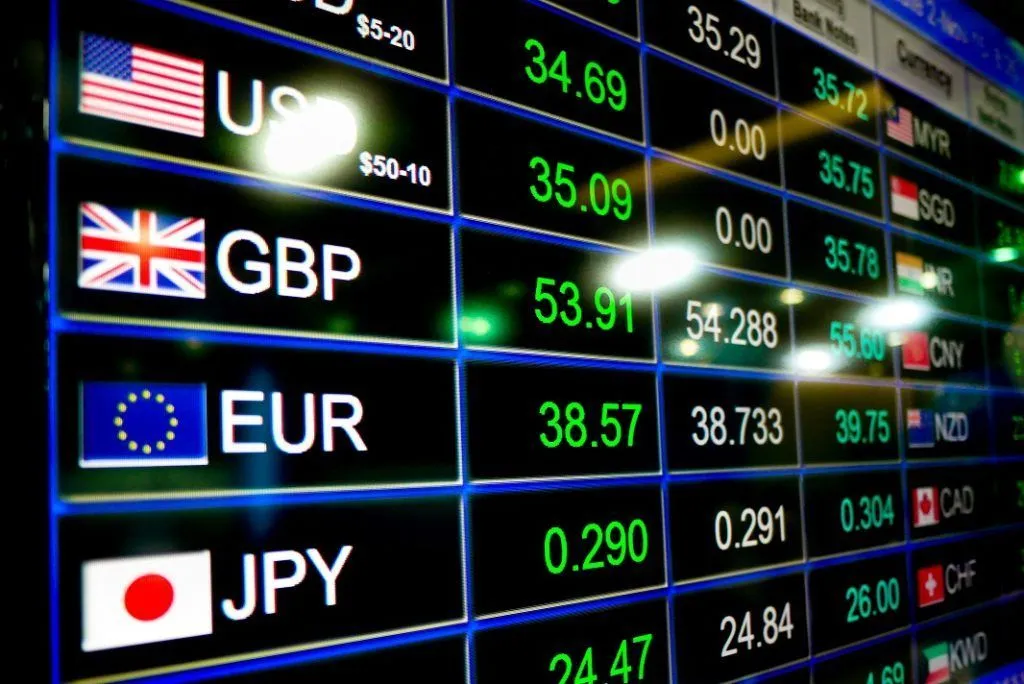Why Forex Rate Changes

There are several reasons why forex rates change. First of all, currency value varies based on supply and demand. If interest rates are low, the demand for one currency will be less than for another. The opposite is true if interest rates are high. This is due to the fact that countries with floating exchange rates treat their currencies like commodities.
Inflation is also a key factor in determining exchange rates. Inflation can increase the cost of goods and services, making them less affordable. Therefore, central banks consider the inflation balance when setting interest rates. For example, the Bank of England has set a target rate of 2% by the end of 2020.
In short, the exchange rate is set based on a variety of factors, including the pace of economic activity and the unemployment rate. These factors are measured in the international financial marketplace, where financial institutions and banks trade currencies around the clock. These factors influence the exchange rate and the real return on an investor’s portfolio.
Exchange rates are highly volatile in the short-term and can fluctuate for several years. This can greatly impact a company’s ability to compete with other companies. A company may need to obtain materials and labor from a different country to sell to the same market. As such, it is essential to understand why forex rates change.
Another factor that affects currency values is the economic condition of a country. If the economy of a country is stable, investors will be more likely to purchase the currency. This increases demand for both domestic and foreign currencies. Additionally, when a country is politically stable, its currency is likely to gain greater value.
The currency rates in the world affect international trade and capital flows. These changes affect the value of imports and exports, causing the prices to fluctuate. They have become increasingly important as a result of these factors. These factors make it essential for companies to understand why forex rate changes. The currency rates that fluctuate affect many industries in the world.
The main factor that affects currency values is supply and demand. As the demand for one currency increases, the supply of another currency decreases. Therefore, if demand is high, the price of a currency will increase. Conversely, if demand is low, the currency value will fall. This process is called inflationary.


